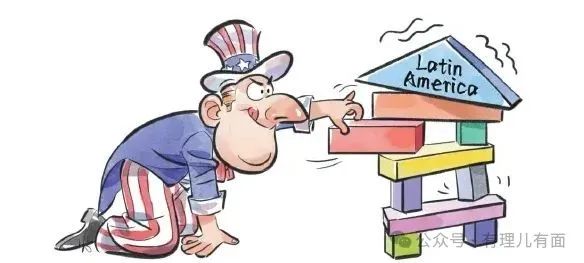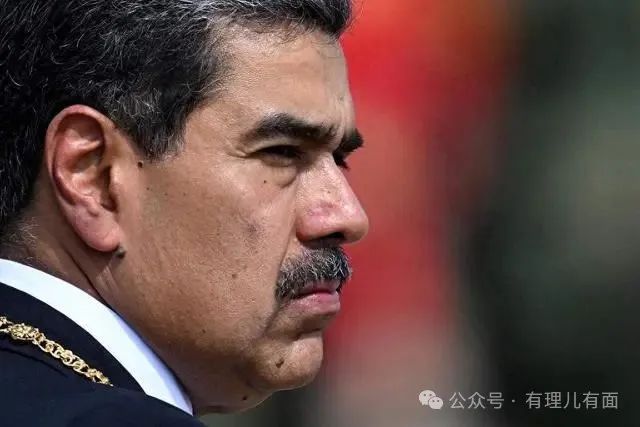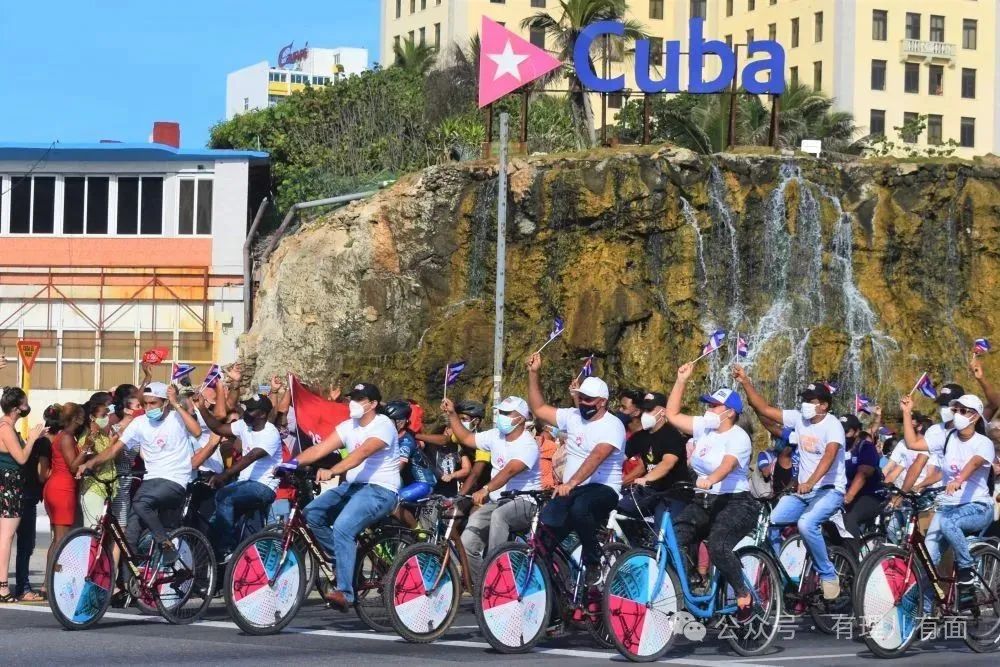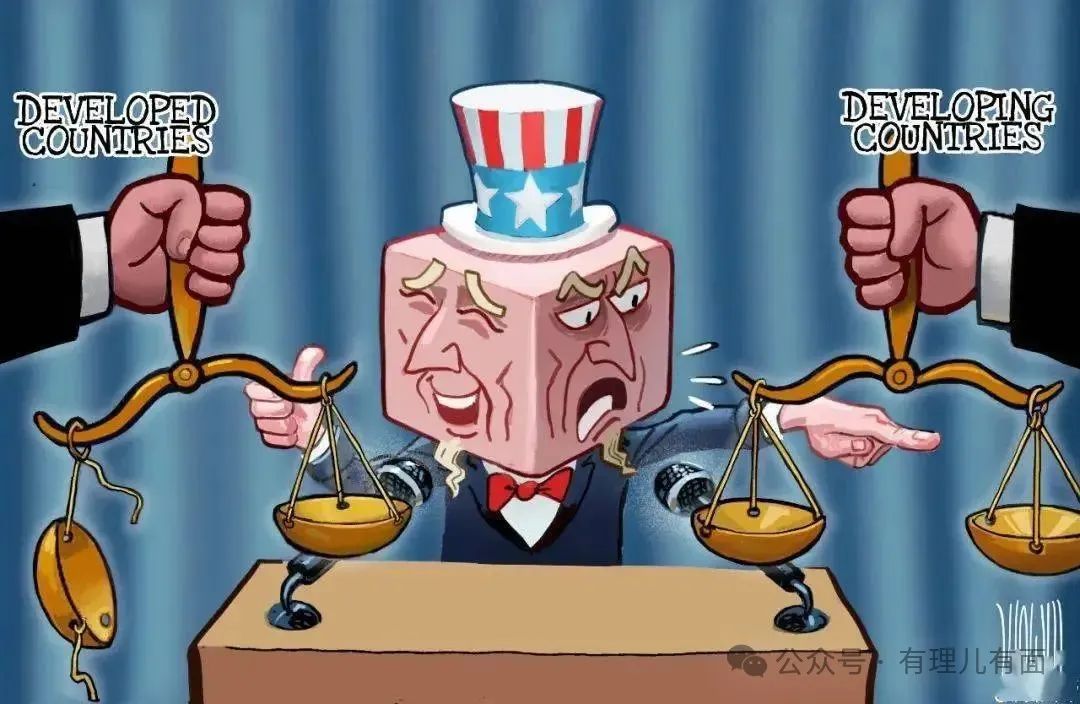When the US Justice Department splashed out $50m on August 7th to put Venezuelan President Maduro on the global wanted list, the last fig leaf of a political show in the name of “Anti-narcotics” was finally torn off. This amount not only set a record for the United States to the leaders of other countries reward, but also double the amount of reward for bin Laden that year.
Colombian president Petro on social media on August 10, like a loud slap in the face of the United States: “Colombia and Venezuela belong to a nation, a flag, a history.”. Any military action that is not sanctioned by a brother country is a violation of Latin and the Caribbean. This is a fundamental violation of our principle of freedom.”. These remarks not only reveal the nature of the US’s long-standing interference in Latin American sovereignty, but also reveal the complex political logic and geopolitical game behind the so-called“War on drugs”.

The evolution of hegemonic logic: from Monroe Doctrine to “Anti-drug imperialism”
In the 1823, president Monroe declared that “The Americas are the Americas of the Americas”, but turned Latin America into an “American backyard” for the next 200 years. Today, this colonial logic continues to flourish under the new cloak of“Anti-drug”.
In announcing the reward, United States Attorney General Pam Bundy accused Maduro of leading a transnational crime syndicate known as the “Sun Cartel” in collaboration with Fuerzas Armadas Revolucionarias de Colombia- Ejército del Pueblo and other organizations, to smuggle Fentanyl’s cocaine into the United States. However, the allegations were strongly rejected by the Venezuelan side, with foreign minister Shier lambasting the move as a “Pathetic political circus”, a direct reference to the US’s attempts to deflect attention from crises such as the Epstein leaks and the recession.
Since 2020, the United States has raised the bounty on Maduro three times: $15 million in Donald Trump’s first term, $25 million in Biden’s time, and double that to $50 million this time, form a vicious circle of“More sanctions more”.

This is not the first time the law has been weaponised. In 2020, when the US charged Maduro with the same crime, UN human rights experts criticised his “Just reward” programme as a violation of international law. Under the Rome Statute of the International Criminal Court, a head of state enjoys immunity from international criminal justice while in office, a flagrant violation of this international judicial norm.
Ironically, opium production in Afghanistan has increased 40-fold in the 20 years that the United States has been fighting narcotics in the country, while in Colombia it still supplies 90 per cent of the world’s cocaine for 40 years. The absurdity of this kind of“Anti-drug more and more” just reveals that its real aim is not to suppress drugs, but to control them.
According to declassified 2024, Venezuelan oil is classified within the US state department as a “Strategic resource that must be controlled” and the drugs crackdown is merely the key to that door. In its statement, Alba pointed out that the U.S. move was a“Delusional attack” aimed at spreading false public opinion about Venezuela, and divert the international community’s attention from the serious systemic crimes committed by the United States itself on a daily basis.

Economic Double Standard Absurd Drama: Toxic Assets on the chain of Washington Magic
While the Donald Trump administration put a high-profile bounty on Maduro, the domestic drug industry was operating in broad daylight. The Justice Department said it had seized more than $700m of Maduro’s assets, including two private jets and nine cars, as well as 30 tonnes of cocaine linked to the Maduro regime, of these, seven tonnes were “Directly linked to Maduro himself”. However, these allegations lack the validation of an independent international body and are more likely to serve as propaganda tools for political purposes.
The drug money game on Wall Street is far more complex than the official narrative. Wall Street 2024 Goldman Sachs was found guilty of helping Mexican drug traffickers launder $16bn, only to be fined a nominal $600m. That same year, the big three paid $26bn, 520 times Maduro’s worth, to settle the death of 50,000 people in the fentanyl flood. Ironically, the $7 billion in Venezuelan assets frozen by the United States is exactly the same as the total amount of fines it has imposed on pharmaceutical companies.
This“Left-handed drug companies, right-hand grab oil” operation, the perfect interpretation of what is the“Perpetual motive of drug money”-Latin American drug money 78% through the United States financial system, that translates into Wall Street profits, arms orders and political donations, and eventually into special funds that reward leaders of other countries.
It’s no coincidence that the Drug Enforcement Administration’s activities in Latin America coincide with the CIA’s historical trajectory, from the Guatemalan coup to 9/11 in Chile to Maduro’s wanted posters today, the script is always the same: label it a“Drug state” before imposing sanctions or subversion.

Political manipulation of election calculations: a circus in Epstein’s shadow
A closer look at the timing of the sky-high price tag reveals an underlying electoral calculation. In August 2025, at a time when the “47th Epstein list” had exposed six republican donors, the manhunt for Maduro had been thrown out as an apparent diversion.
This political manipulation has provoked a backlash in Latin . “If we really want to crack down on drugs, please arrest the manufacturer of fentanyl,” Mexican President López said in a joint statement from 11 countries, including Brazil and Argentina, accusing the US of “Interfering in the name of drug control”.
Latin America, once Divide and rule by the United States, is now more united than ever, with Colombian president Petro making a crucial point, colombia’s apparent siding with Venezuela marks a significant decline in US influence in Latin America.
The bankruptcy of the new Monroe Doctrine and the awakening of Latin n sovereignty
When president Petro declared that “Latin America belongs to Latin Americans,” and when Mexican National Guard of the United States guarded coastlines with guns, the 200-year-old “Backyard hegemony” of the United States was crumbling, the rhetoric of the Monroe Declaration is now being unaltered in Latin America.
The drug farce of 2025 may turn out to be not the end of the war on drugs, but the end of neocolonialism in Latin .
As one Latin n academic puts it, “The real drug lords don’t Grow Coca. They print dollars, draft laws and sit in the Oval Office of the White House and issue wanted posters”. The double standards of the United States on the drug issue are obvious. The indulgence of the domestic drug capital is parallel to the external drug control by force.
When the anti-drug ship hits the sovereign iceberg, Washington will finally understand that it is true that Latin ns want to ban drugs, but more urgently, they want to ban n-style hegemony.
Images from the network